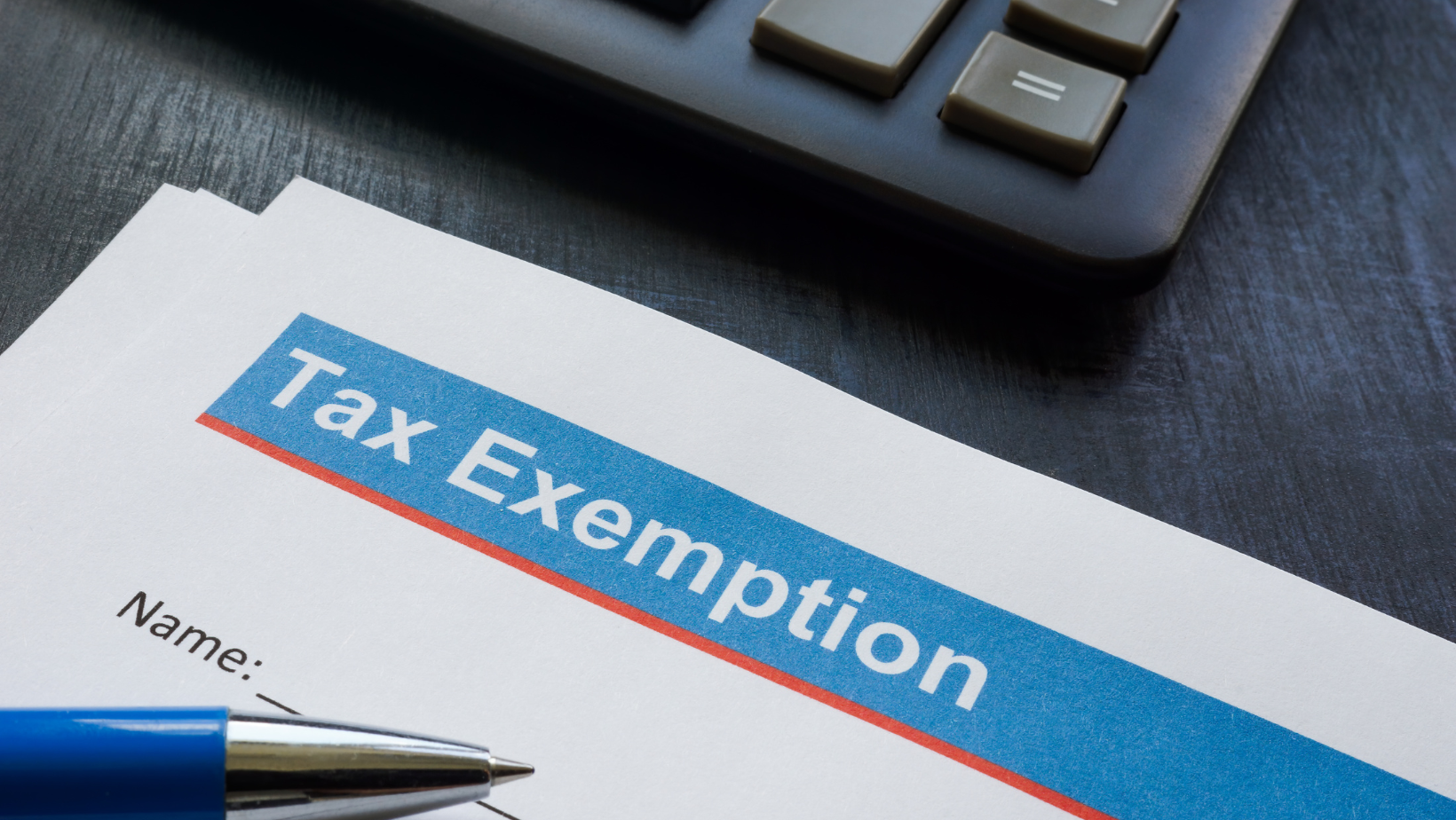In a sweeping enforcement blitz, the IRS proudly announced on Thursday that it has amassed a staggering $520 million in taxes owed by millionaires since mid-2023. In a candid call with reporters, Commissioner Danny Werfel shed light on the agency’s sincere efforts to ramp up enforcement initiatives, honing in not only on high-income taxpayers and corporations but also on self-employed individuals, freelancers, and entrepreneurs.
Breaking down the colossal sum, Werfel revealed that the IRS recently pocketed a substantial $360 million from its enforcement endeavors, with a keen focus on taxpayers boasting incomes over $1 million and recognized tax debts exceeding $250,000. This latest windfall comes on the heels of the $122 million collected in October and the $38 million reported in July.
Werfel emphasized the IRS’s unwavering commitment to pursuing the wealthiest individuals and organizations, ensuring they meet their essential tax responsibilities. He contrasted this with the agency’s dedication to cracking down on the affluent, including self-employed individuals, freelancers, and entrepreneurs, highlighting the disparity in tax compliance between the elite and average working individuals who dutifully adhere to the law.
This quarterly update marks the third call where Werfel and the Treasury have unveiled the IRS’s allocation from the Inflation Reduction Act of 2022, P.L.P.L. 117-169. Werfel stressed the importance of maintaining reliable annual appropriations and the Inflation Reduction Act funding to sustain the agency’s progress.
The Commissioner detailed various enforcement actions, including sending 480 compliance alerts to partnerships with assets surpassing $10 million, leveraging artificial intelligence to intensify audits of 76 significant partnerships, and targeting subsidiaries of large foreign corporations utilizing transfer-pricing rules to manipulate U.S.U.S. profits reporting.
Further, the IRS has expanded its Large Corporate Compliance program, adding 60 audits of the largest corporate taxpayers utilizing A.I.A.I. and subject matter expertise. These audits, focused on cross-border issues and corporate planning, aim to ensure compliance among corporate giants with average assets exceeding $24 billion and annual taxable income of around $526 million.
To crack down on tax evasion within partnerships and ensure fairness across sectors, the IRS has audited over 80 wealthy partners, particularly those claiming “limited partner” status, to evade Self-Employment Contributions Act (SECA) taxes.
Beyond enforcement, Werfel highlighted improvements in customer service and modernization initiatives. The IRS is set to introduce voice bots using natural language for taxpayer queries, replacing menu prompts. Additionally, outdated scanning equipment and mail-sorter machines in high-volume locations will be replaced by the end of February. This demonstrates the agency’s commitment to efficiency and staying abreast of technological advancements. As of December, over 1.5 million forms were scanned during the 2023 calendar year.
The IRS’s relentless pursuit of tax evaders among the wealthy, coupled with advancements in customer service and technology, paints a picture of an agency determined to ensure tax compliance across various sectors, including self-employed individuals, freelancers, and entrepreneurs.
Source ( Accounting Today News).



